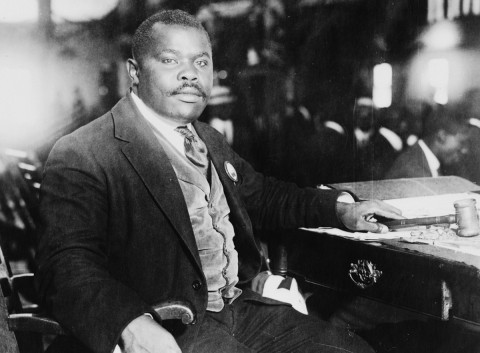The Baptist War didn’t just end slavery in Jamaica
It utterly reshaped the country’s religious landscape.

In 1831, Jamaica was the setting for the largest slave revolt that ever occurred in the British West Indies. From an enslaved population of 300,000, an amazing 60,000 joined the uprising, which was chiefly led and organized by Baptists, especially the deacon Sam Sharpe.
Modern-day Americans devote much attention to recovering the history of slavery and racial exploitation in their own country—and especially the role of religion in that story, both in justifying oppression and sparking liberation. Some might even recall 1831 as the year of Nat Turner’s revolt in Virginia. But as Jamaica’s evocatively named Baptist War suggests, the Black experience in the United States, past and present, finds very close analogies among the country’s near neighbors.
The sheer scale of Caribbean slavery is appalling. From the 1520s through the 1870s, 400,000 slaves were imported into what became the United States. The combined figure for the British and French Caribbean colonies was 3.4 million. Jamaica alone brought in almost a million enslaved Africans over that time period.





